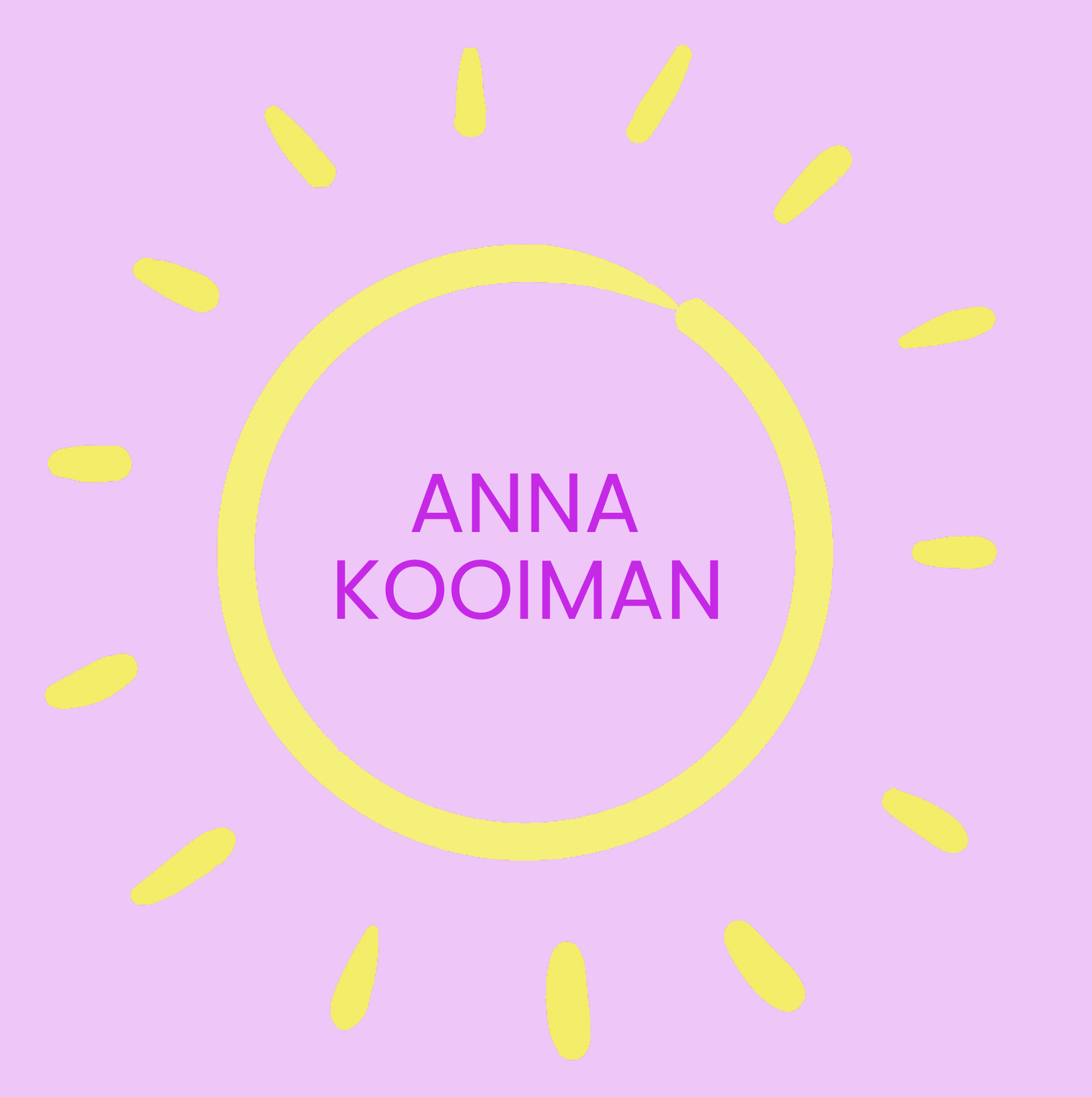Fitness Instead of Prescriptions? What is Lifestyle Medicine?
What is lifestyle medicine? Have you heard of it? If you have, do you know what it is? In short, doctors who practice LIFESTYLE MEDICINE encourage patients to have a healthy and balanced lifestyle which can decrease our need for medical interventions. Our society seems to look for drugs to improve or solve problems. The thing is, we could often prevent these same problems simply by staying active, eating a clean diet, reducing stress, sleeping more, laughing more, and loving more! I sat down with Dr. Jill Gamberg of Double Bay Doctors here in Sydney, Australia to chat about what lifestyle medicine is all about.
ANNA: What is Lifestyle Medicine?
DR. JILL GAMBERG: Lifestyle Medicine is an evidence-based approach to the prevention of disease and maintenance of wellness. It involves changing behaviour by caring more for your mind and your body. Lifestyle medicine involves physical activity, good nutrition, stress reduction, sleep hygiene, quitting smoking, building healthy relationships, reduction of alcohol and loving ourselves.
Lifestyle Medicine means looking at our lifestyles and implementing positive changes in order to help prevent chronic disease. It involves changes in behaviour – through both self-care and self-management.
ANNA: How much physical activity is enough?
DR. JILL GAMBERG: The Australian recommendations for healthy living=
Doing any physical activity is better than doing none. If you currently do no physical activity, start by doing some, and gradually build up
Be active on most or all days of every week
Accumulate 150 to 300 minutes (2.5 to 5 hours) of moderate intensity physical activity each week
Do muscle strengthening activities on at least 2 days of each week
Minimise the amount of time spent in prolonged sitting
Break up long periods of sitting as often as possible
ANNA: What is good nutrition?
DR. JILL GAMBERG: For good health and wellbeing, eating a balanced diet is essential. Food provides our bodies with the building blocks in order to function well, grow and live, including protein, energy, essential fats, vitamins and minerals. Eating a wide variety of food can be pleasurable and provides essential nutrients for health. An unhealthy diet increases the risk of developing many diseases.
The diseases associated with a nutrient poor and unbalanced diet include Type 2 diabetes, coronary artery disease, obesity, stroke, dental cavities, and some cancers.
In addition to eating a wide variety of nutrient-rich foods, we need to limit “discretionary foods” by limiting excess saturated fat, sodium, added sugars and alcohol. Discretionary foods are associated with increased health risk.
ANNA: How do we reduce stress?
DR. JILL GAMBERG: There are many ways to reduce stress including the following:
Being Active
Breathing Deeply
Meditating
Practising Mindfulness
Relaxing Muscle Tension in your body
Listening to Music
Spending time with friends and family
Being Grateful for your Life
Laughing
Reducing Caffeine Intake
Avoiding Procrastination
ANNA: What is sleep hygiene?
DR. JILL GAMBERG: Sleep hygiene is adapting habits that help you have a good night sleep. Often poor sleep is associated with many years of unhealthy habits and making only a few minor adjustments can improve the quality and quantity of sleep you get.
Obey your Circadian Rhythm or Body Clock – early morning light, go to bed and wake at the same time
Maximise your sleep environment –
Comfortable bed
Perfect temperature
Darkness and quiet
Avoid drugs like caffeine, cigarettes and alcohol
Relax your mind
Exercise early in the day
Avoid afternoon naps.
Take a warm bath.
No blue screens in the 90 minutes prior to going to bed
ANNA: How important is having healthy relationships?
DR. JILL GAMBERG: The relationships we form with other people are essential to our survival and vital to our mental and emotional wellbeing. Humans need to connect with others and build relationships. We have an intrinsic need to be close to others. A relationship can be shared between any people who support, encourage, love and help each other.
Skills learned from having close relationships:
Better listening
Improved communication
Support
Compromise
Companionship
Learning trust and respect
Making time for others
Benefits of having healthy relationships-
Less stress
Better healing
Healthier Behaviours such as exercising together or eating well together
Greater Sense of Purpose
Longevity
FIND OUT MORE ABOUT DR. JILL GAMBERG HERE.

